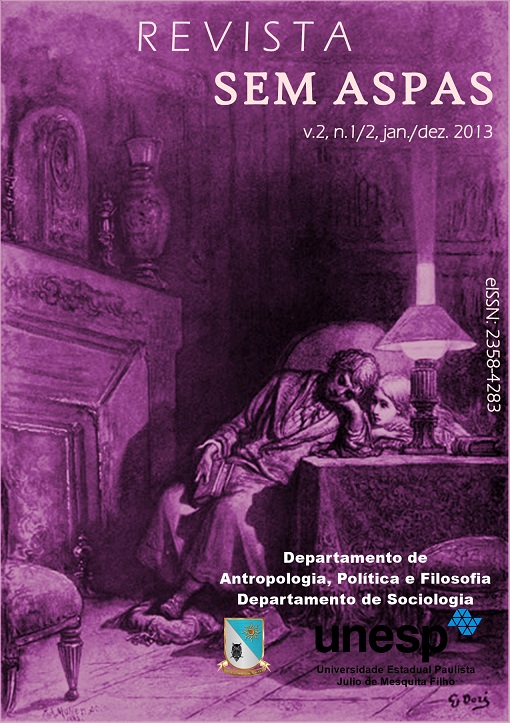Opening policy and brazilian redemocratization: between modern-conservative and a “new civil society”
DOI:
https://doi.org/10.29373/sas.v2i1.6922Keywords:
Civil society, Citizenship, Redemocratization, Social Actors, Brazilian Modernization,Abstract
This article begins with the interpretation of Werneck Vianna about how our “passive revolution” and the logic of “keep-changing” are important explanatory keys that extend in Brazilian political history. The resumption of this sociologist grants concepts such other categories which revives historical moments which are adaptable to our context. On a path without impacting disruptions, we sought to highlight, through the exposure of a historical narrative that facilitates the understanding of the facts, as the late 70’s and 80’s were marked by ups and downs in pursuit of a effectively modern design and the emergence of new social actors. Targeting the conclusion, were tied interpretations exposed to sociological characteristics of the formulations that were attentive to the emergence of a “new society” and therefore eventually move its agenda as the most relevant analytical perspective. Finally it was suggested to refl ect about the light of contemporary arguments of how civil society can now take advantage of high level of freedom that led their new condition in accordance with the ideals of citizenship thought post-military regime.










